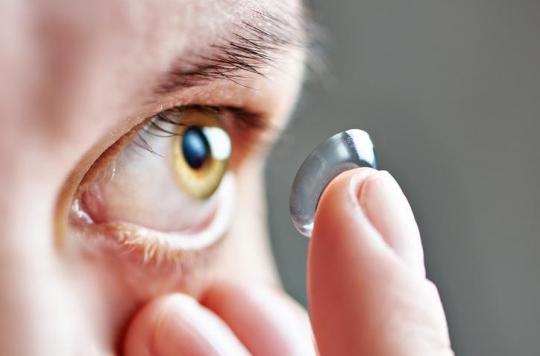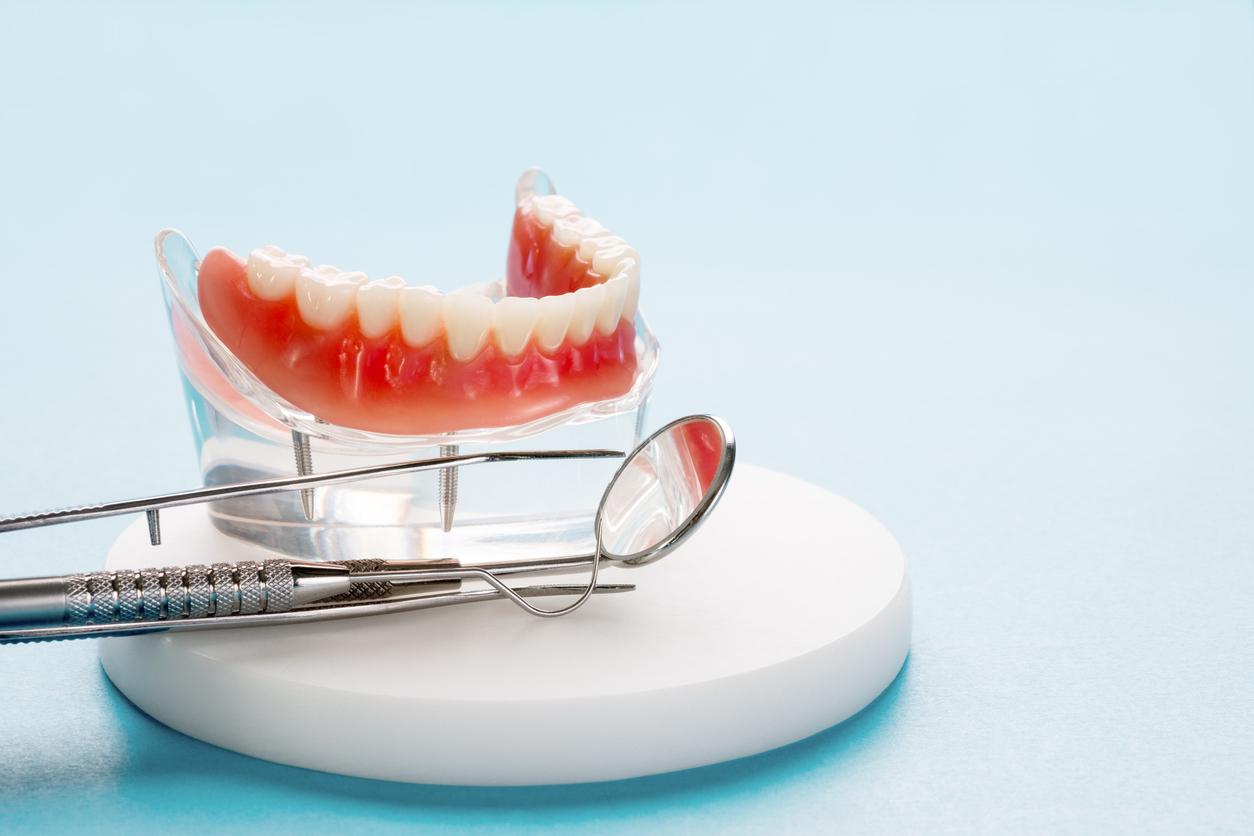In recent years, England has faced an outbreak of keratitis, a rare eye infection that can lead to blindness. Among the first concerned, wearers of reusable lenses, who are more vulnerable due to poor hygiene or improper use of contact lenses.

If you wear contact lenses and you’ve gotten into the habit of falling asleep without taking them off, or keeping them on longer than expected, here is the article to read to convince you to change the habit.
According to a new study conducted by researchers at University College London (UCL) and the Moorfields Eye Hospital, England has been facing an impressive increase in keratitis, an eye infection in recent years. Published in the British Journal of Ophthalmology, the results of the study show a 3-fold increase since 2011 in the number of keratitis identified in the south-east of the country.
Contamination by a parasite
The cause, according to the researchers, is acanthamoeba, a protozoan-type parasite that is frequently found in fresh water. Analyzes have shown that this microorganism is strongly present in UK domestic water supplies. It can also proliferate in swimming pools and jacuzzis. When it enters the eye, acanthamoeba causes keratitis, a rare infection of the eye that can have catastrophic consequences such as loss of sight in one eye or permanent blindness. 25% of those affected need a cornea transplant to treat the disease or restore their vision.
Symptoms of acanthamoeba keratitis include sensitivity to light and excessive tearing, blurred vision with redness and pain, a feeling of something in the eye, and a severe headache.
Contact lens wearers are particularly vulnerable to acanthamoeba keratitis, especially those using reusable lenses, according to London researchers.
“This infection is still quite rare, typically affecting 2.5 in 100,000 contact lens users per year in the south-east of England, but it is largely preventable. This increase in the number of cases underscores the need for them. Contact lens users to be aware of the risks, ”says Professor John Dart (UCL Institute of Ophthalmology and Moorfields Eye Hospital NHS Foundation Trust), lead author of the study.
Poor hygiene habits involved
Contact lenses aren’t the only ones that get infected. The cases, when they are not changed often enough or regularly disinfected, can also be the source of infection. Wearers of reusable lenses, like those of disposable lenses, are likely to develop acanthamoeba keratitis if they do not follow hygiene advice or wear a pair of expired lenses.
According to the results of a case-control study of regular wearers of reusable contact lenses, the risk of developing acanthamoeba keratitis was three times higher in people who did not always wash their hands and dry them thoroughly before handling their lenses. Another risk factor: the use of a lens disinfectant containing Oxipol – gradually withdrawn from the market – and those who wear their lenses in the swimming pool or in a bath. Showering and washing your face while wearing contact lenses are also likely to be risk factors.
“People who wear reusable contact lenses should be sure to wash and dry their hands thoroughly before handling contact lenses and to avoid wearing them when swimming, washing their face or taking a bath. Daily wear disposable lenses, which eliminate the need for contact lens cases or solutions, may be safer and we are currently analyzing our data to establish the risk factors associated with these lenses, ”Professor Dart said. .
Now, the researchers hope that this new information will be shared with lens users by the relevant authorities in order to stem the progression of the infection. “It is absolutely imperative that regulators and those working in the optical industry take the results seriously and use the recommendations to take immediate and urgent preventive action. Contact lenses are medical devices and should be provided with warnings regarding their safe use, “recalls Irenie Ekkeshis, member of the acanthamoeba keratitis patient support group.
.















